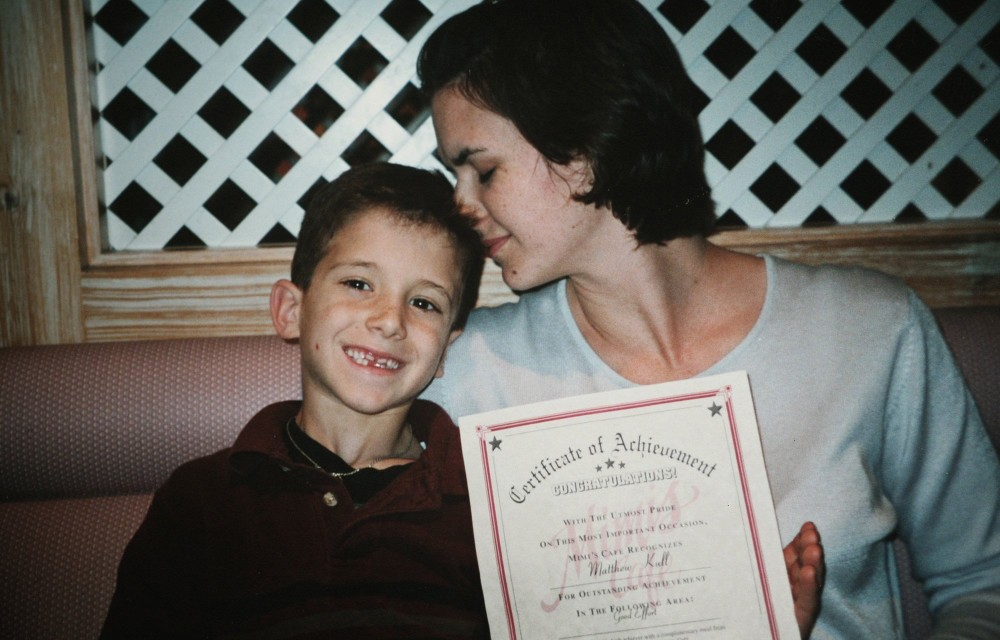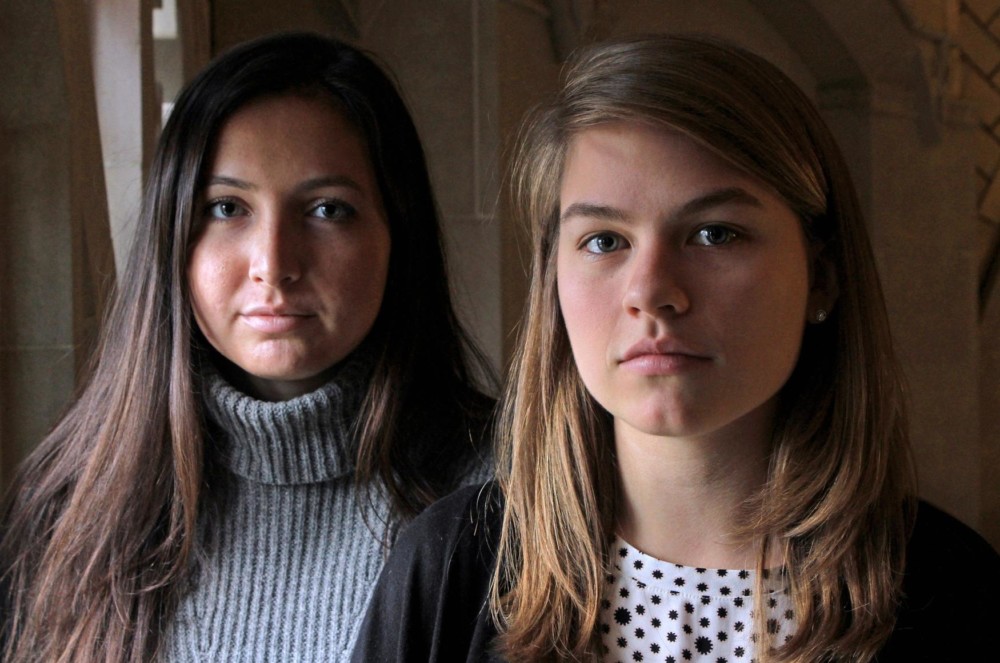By Paloma Esquivel
Los Angeles Times.
LOS ANGELES
Almost as soon as Matthew Hoff turned 18 and aged out of the mental health programs he’d been enrolled in since childhood, he was out on the streets and in and out of jail.
His parents tried to get him back into treatment for bipolar and other brain disorders he suffers, but the young man wasn’t cooperative and he wasn’t considered dangerous or gravely disabled. So they stood by helplessly as their son faded from their reach.
Less than a year later, Hoff walked into a Buena Park, Calif., bank with a robbery note and left with a handful of cash. Now he’s serving 15 years in prison, a fate his parents feel could have been prevented with treatment.
“It’s like watching your kid drown,” said his mother, Jennifer Hoff of Ladera Ranch. “The burden and the blame is on families. But we have no legal authority to do anything.”
It’s been 12 years since California, under pressure from the families of mentally ill adults, passed Laura’s Law to allow court-ordered treatment for people like Matthew Hoff. But it came with a caveat: Each county would have to approve its own program.
So far, only one of the state’s 58 counties, tiny Nevada County, has fully implemented the law.
But recent changes in state law and high-profile cases like the beating death of Kelly Thomas in Fullerton have spurred local officials to give Laura’s Law a fresh look.
Two of the state’s largest counties, Los Angeles and Orange, are preparing plans for implementation. Yolo County adopted a pilot program last year; and other counties, including San Diego and San Francisco, are exploring the option. Last month, after a heated debate, Alameda County delayed voting on a program.
Families and some advocates say Laura’s Law could help reduce the large number of mentally ill adults who are incarcerated and avoid tragedies like the death of Thomas, a mentally ill homeless man who died after he was beaten by police.
But opponents worry it will only undermine efforts to treat those who suffer from mental illness.
“I can empathize with where family members are coming from, but force is just not the solution,” said Charmaine Asher, who suffers from major depression and advocates for the rights of the mentally ill.
In Orange County, Thomas’ death led several families of mentally ill adults to aggressively lobby the county to support the law.
Currently, mentally ill individuals can be confined against their will for 72 hours and possibly longer, but only if they pose an imminent danger to themselves or others or are gravely disabled.
“It’s hard for me to understand that anybody questions the value of it,” said Brian Jacobs, whose siblings suffered from schizophrenia. “It’s a horrible, horrible illness, and to leave people in psychosis on the streets is unconscionable, but we do it all the time.”
County officials initially cited lack of money as a barrier. But a recent state law clarifying that counties can use funds from the Mental Health Services Act for Laura’s Law helped clear the way, said Orange County Supervisor John Moorlach.
An implementation plan is now being vetted and should come before supervisors in May.
Moorlach, who supports the law, said he was swayed by the experiment in Nevada County, where many patients faced with the prospect of court-imposed treatment eventually agreed to get help.
“There’s the black robe effect,” he said, referring to the role of a judge in persuading a person to accept treatment. “It hopefully helps (them) understand that people are caring and want to provide the right tools.”
Critics say the law dangerously lowers the threshold for taking away a person’s most fundamental rights.
One group, Disability Rights California, is considering suing Orange County if it implements the law, said Ann Menasche, a staff attorney with the group.
“When we start taking away a person’s rights like that, it’s a very dangerous slope,” she said.
Asher, the Yorba Linda resident who struggles with depression, said the law takes away an important right to self-determination.
“It’s my body, my mind and my life,” she said. “It doesn’t belong to a psychiatrist or mental health judge.”
The state’s primary example of the law in practice comes from Nevada County, where it was put in place in 2008, spurred by the death of Laura Wilcox, a 19-year-old who was shot and killed along with two others by a mentally ill man who had resisted treatment.
Mental health workers dealing with Laura’s Law referrals first try to motivate a person to voluntarily accept help, said Carol Stanchfield, who administers the county’s Laura’s Law treatment program. If that doesn’t work, a court petition is filed and efforts to negotiate a settlement outlining treatment begin. When all else fails, hearings are held to determine whether the court should impose an order.
The team is sensitive to “protecting the rights, the due process of individual citizens,” Stanchfield said. “We believe they also have a right to be well and to receive treatment, even when they don’t know that they need it.”
To qualify, a person must suffer from severe mental illness, have been hospitalized because of the illness or jailed twice in 36 months or have been violent at least once in the last 48 months, among other requirements. Treatment is individualized but can include therapy and coordination of, but not forced, medication.
Since the program began, 43 people have voluntarily agreed to treatment and 29 settlement agreements have been signed. Four court orders were imposed after contested hearings.
Once an order or settlement is in place, failing to comply and showing signs of a deteriorating condition could result in hospitalization for up to 72 hours for evaluation if a doctor determines it’s necessary.
A county grand jury report in 2012 said the program in the county of 98,000 resulted in a drop in hospitalizations and incarcerations and $500,000 in savings to the county in the first 2 years.
L.A. County has used settlement agreements, though not court-imposed orders, for a small number of people since 2010 and is preparing a plan to allow court-ordered treatment, said Mary Marx, district chief for the Department of Mental Health. The plan would have to be approved by county supervisors.
For advocates of the law, like Matthew Hoff’s mother, there is little question that it is needed to protect their loved ones, who may not recognize that they are ill.
“We worked hard to keep him safe,” said Jennifer Hoff. “But then he turned 18 and we couldn’t keep him safe anymore, and we couldn’t keep anyone else safe anymore.”

















































































































































































































































































































































































